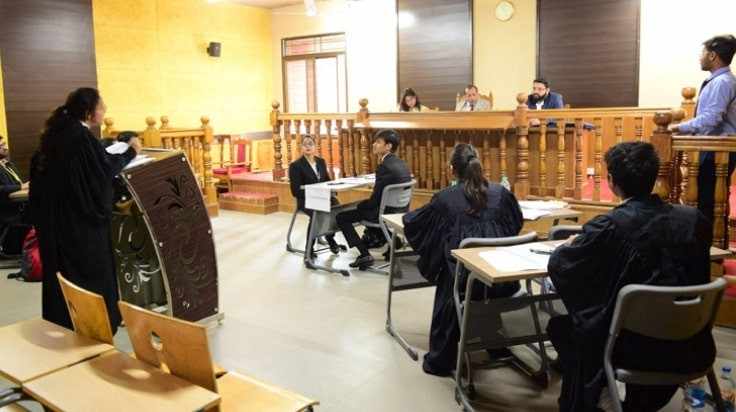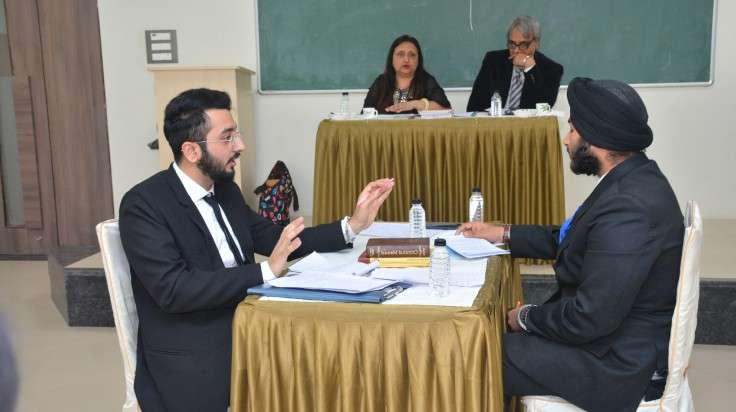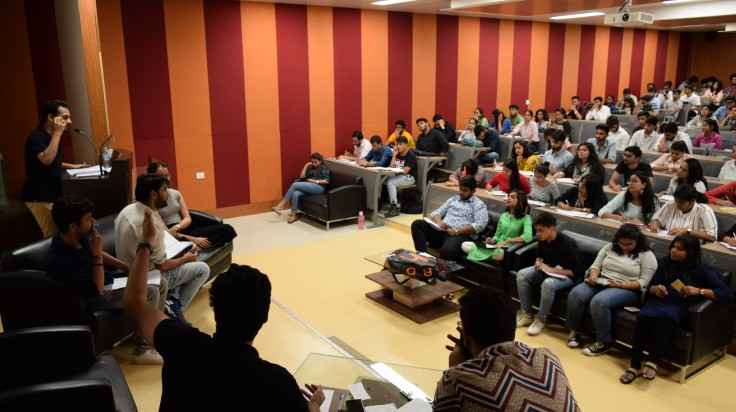Law Careers: Implications of Allowing Foreign Law Firms & Lawyers to Practice in India
- Dr. Abhishek Sinha
- Published 25/09/2023

India has finally opened its doors to foreign law firms. The Bar Council of India (BCI) recently permitted foreign lawyers and law firms to practice foreign law in the country on a reciprocity basis. A few years back (2018 to be precise), the BCI placed on record with the Supreme Court of India, that it was not in favour of allowing foreign law firms to open branch offices in India. However, in the recent notification of the BCI (13 March 2023), it has relaxed its position to some extent by allowing foreign lawyers and law firms to practice foreign law and diverse international law and international arbitration matters in India. The intent is to make India a hub of International Commercial Arbitration. Also, BCI in its press release of 19 March 2023, has clarified that this change in position is because of the desire articulated by the Supreme Court of India in the matter of BCI vs. AK Balaji (2018), that BCI or the Government of India should frame rules about regulation of foreign lawyers and foreign law firms. Giving comfort to the Indian lawyers, BCI has categorically stated that the rules allowing foreign lawyers entry into India would function in a very restricted sphere and this decision is not going to impact the advocates practicing in India.
The decision to allow foreign law firms to practice in India will have a significant impact on the legal education sector. It will create numerous opportunities for academic collaborations and partnerships between Indian law schools and international firms. This will enable Indian law students to work with international attorneys and gain exposure to the global legal landscape. This move not only opens better career prospects for many but also offers an avenue for quick repayment of educational loans. The influx of international guest lecturers, professors of practice, and engaging panel discussions with A-listers in the legal industry will undoubtedly enrich the curriculum at Indian law schools. Not only this, but we may also see a host of changes in the law school curriculum to suit the industry’s needs, including novel electives and specialisations. Additionally, this development is expected to revive the placement scene in law colleges and push Indian Big Law to attract the best talent straight out of law schools, directly benefitting Indian law students. Overall, this move is expected to have a positive impact on the legal education sector in India, enabling greater collaboration and fostering a new era of learning and professional growth for law students.
Benefits for students
Unlike earlier, Indian law students and graduates will now have the freedom to access new opportunities offered by foreign firms in India or in their country of origin. In fact, foreign law firms have already started hiring fresh law graduates from law colleges across the country. One of the many advantages of working with international law firms is the financial support. International companies do not shy away from paying their employees well and usually, the monetary benefits are much higher than the average offered by Indian law firms. The entrance of international law firms also directly expands the landscape available for Indian lawyers. Some of the other benefits include:
- Transfer of knowledge
- Global opportunities for Indian lawyers
- Improved quality of service
- Specialisation in international corporate law
- Access to the best practices of international law firms
- Multi-jurisdictional know-how and technical expertise
Students will get international exposure and will be able to work with foreign lawyers on a variety of matters covered under practices opened to foreign lawyers. Accordingly, lawyers predominantly working in the areas of investment transactions and arbitration matters would also get significant exposure to work directly in tandem with foreign lawyers.
This opportunity to work closely with foreign lawyers will allow Indian lawyers and law students to enhance their legal and professional skills to the next level. Currently, corporate, and transactional lawyers are one of the highest-paid segments of the legal profession. The entry of foreign law firms and lawyers could see further a jump in the pay scales of corporate and transactional lawyers. However, this might pose a challenge for Indian law firms as they can find it difficult to retain the top talent in this segment.
The new rules explicated by the government of India will open new avenues for Indian law firms to forge new alliances with foreign law firms to scale up their global operations. Currently, many Indian law firms have their own collaboration with foreign law firms in different countries to cater the legal and business needs of their clients. New rules will significantly benefit Indian law firms who are ready to embrace the new changes and make required adjustments to their strategic alliance with global partners and will emerge as big winners.
The new change will also alter the professional working environment currently prevalent in the country. International law firms will bring with them more professionalism and Western work culture. Most of the Indian law firms will get the option of collaborating with foreign firms or even get the chance to merge with Indian divisions of foreign law firms.
Reforms in the legal education and judicial system
Though the recent BCI notification and the press release don’t directly relate to the legal education sector or the Indian law students. However, for the overall growth of the Indian legal education sector and to provide global exposure to Indian law students; foreign law firms and lawyers intending to set up shops in India, should be mandated to provide, some: (a) teaching hours at Indian law schools, and (b) mandatory internships. Such considerations by the BCI would have far-reaching positive impacts on Indian law students and the entire legal education sphere in India. This should also be mandated for Indian law firms and lawyers.
Finally, the Indian legal fraternity stands to gain from this move and not lose out. It is of the utmost importance that the government works on evaluating and revamping the state of affairs in the legal sector in order to eliminate the unfair constraints, which, if not worked upon, will undoubtedly place fetters on the healthy development of our nation.
Dr. Abhishek Sinha
The writer is Dr. Abhishek Sinha, Dean, UPES School of Law
UPES Admission Enquiry
Subscribe to UPES Blogs
Join our community for exclusive stories, insights, and updates
By clicking the "Subscribe" button, I agree and accept the privacy policy of UPES.


























